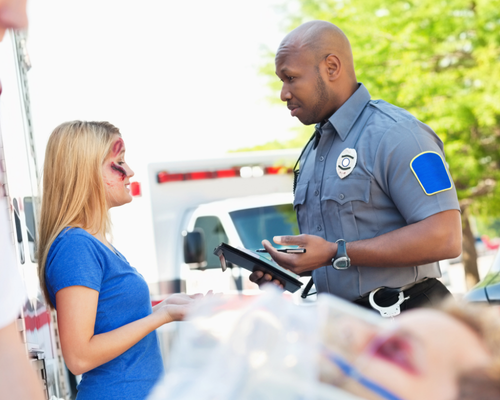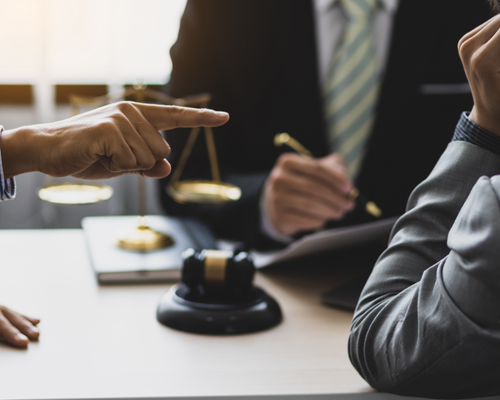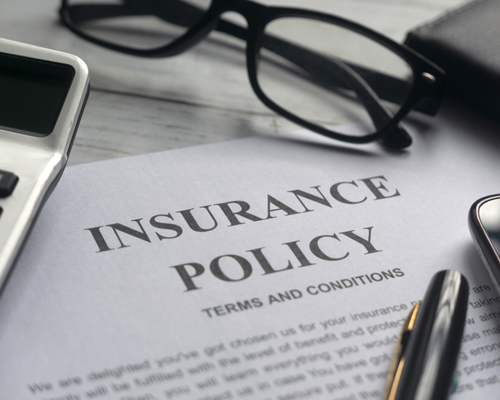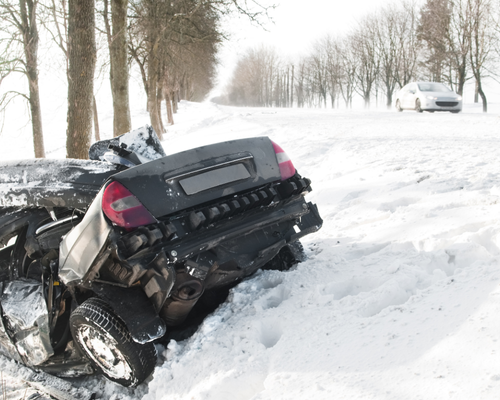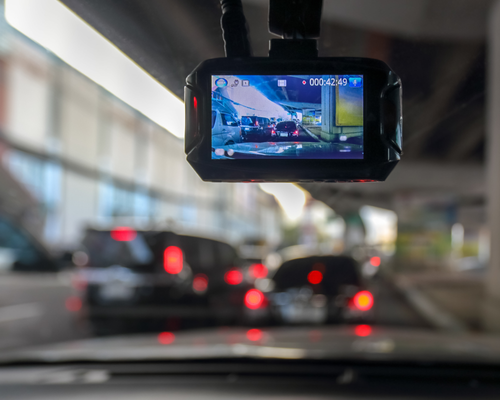Spring in Connecticut means more people out and about—but when accidents happen and no one sees them, you may wonder if you can still file a personal injury claim. The answer: yes.
While having a witness can strengthen your case, it’s not a requirement. If you’ve been injured due to someone else’s negligence, there are other ways to prove what happened and fight for the compensation you deserve.
Alternative Evidence That Builds Strong Personal Injury Cases
At Vining Law Firm, we help clients build compelling cases—even without eyewitnesses—by using the following types of evidence:
Physical Evidence
Tangible evidence like vehicle damage, skid marks, or a broken handrail can help establish fault. These details speak volumes about how the accident happened and who was responsible.
Surveillance Footage & Digital Records
Security cameras near the accident scene can capture what happened, and digital tools like GPS or app data can support your timeline. We help clients secure and analyze these records quickly before they’re deleted or overwritten.
Medical Records
Your injuries—and the treatment you received—form the foundation of your case. X-rays, MRIs, and doctor’s notes help prove the severity and origin of your injuries. These records also help refute insurance claims that your injuries were pre-existing.
Your Testimony & Circumstantial Evidence
Your own detailed and consistent account can carry weight in the absence of witnesses. Combine that with photos of the scene or hazardous conditions, and your case becomes stronger. Our job is to make sure your story is backed by credible facts.
Social Media & Messages
Screenshots of social media posts, texts, or emails from the at-fault party acknowledging fault or unsafe behavior can be powerful. We know how to obtain and present this kind of evidence.
Expert Witnesses
When needed, we work with medical experts, accident reconstructionists, and economists to fill in the gaps. Their testimony helps explain complex injuries, future treatment needs, and lost income due to your injuries.
Financial & Employment Records
Lost wages and long-term financial effects are critical parts of your claim. Pay stubs, tax returns, and employer letters help quantify these losses.
Police & Accident Reports
Even if not always admissible in court, police reports provide a helpful third-party account. They often include diagrams, citations, and initial statements that can support your case during insurance negotiations.
Timing Is Key
Evidence disappears. Surveillance footage is erased. Injuries heal. That’s why timing matters. At Vining Law Firm, we act fast to gather and preserve what you need to prove your case.
You Don’t Need a Witness—You Need the Right Lawyer
Pursuing a personal injury claim without witnesses can feel intimidating. But you’re not alone. We’ve helped clients across Connecticut recover damages through smart strategy, strong evidence, and relentless advocacy.
Contact Vining Law Firm for a free consultation. Let’s talk about your case, your options, and how we can help.
Victory Starts with Vining Law
Disclaimer: This blog is for informational purposes only and should not be construed as legal advice. Consult with a qualified attorney for legal guidance specific to your situation.
